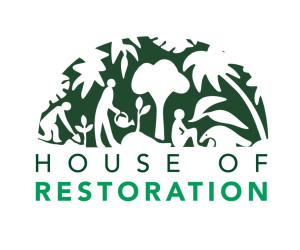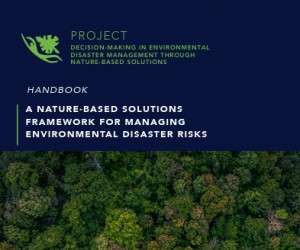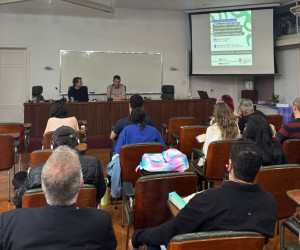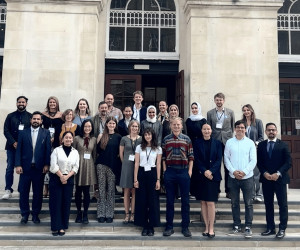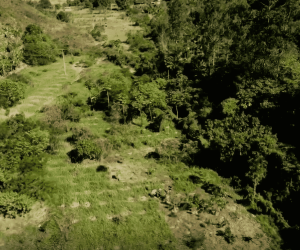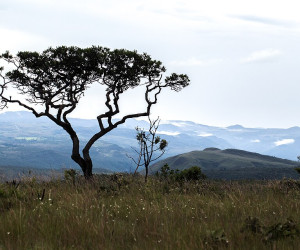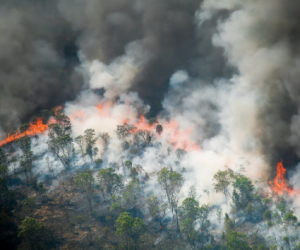Publications > Blog
World Day to Combat Desertification and Drought (17 June)
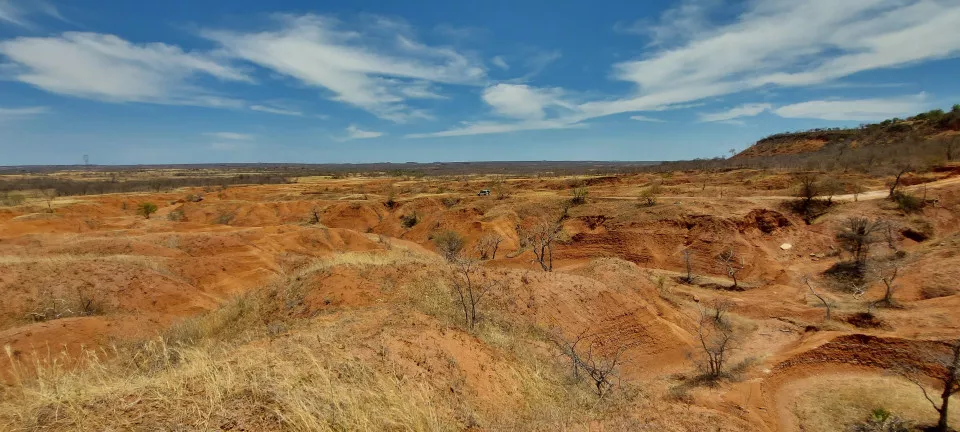
The advance of desertification and drought stands as one of the greatest environmental and socio-economic challenges of our time. According to the UN, by 2045, three out of four people are expected to suffer some impact caused by drought, and 135 million may be displaced as a result of desertification. In Brazil, desertification already affects around 13% of the national territory, threatening water and food security for over 30 million people—particularly in the Caatinga, a semi-arid biome.
Desertification occurs when the soil loses its capacity to sustain plant and animal life. It is a natural occurrence in regions with consistently high temperatures and low rainfall. However, this process has been accelerating unnaturally across the world due to human activities such as deforestation, land degradation, burning, and unsustainable land use.
This situation becomes even more alarming in the face of climate change, which acts as an aggravating factor for desertification. Rising temperatures and decreasing rainfall alter the composition, structure, and fertility of the soil. For example, reduced rainfall decreases soil moisture, while higher temperatures increase evapotranspiration, making the environment drier and hindering the establishment of vegetation. In addition, climate stress leads to higher plant mortality, exposing the soil to erosion and accelerating its degradation.
The report from the United Nations Convention to Combat Desertification (UNCCD) states that the world loses 24 billion tonnes of fertile soil every year. In Brazil, the Caatinga is particularly vulnerable to the impacts of climate change due to its naturally dry climate and slower regeneration capacity. The Ministry of the Environment has identified four key areas within this biome that are undergoing advanced environmental degradation: Gilbués (PI), Irauçuba (CE), Seridó (RN and PB), and Cabrobó (PE).
Tackling the problem requires the implementation and strengthening of public policies such as the National Policy for Payment for Environmental Services, the Forest Code, the ABC+ Plan, and the Planaveg. Experts warn, however, that the effectiveness of these policies depends on integrated action involving research institutions, local communities, non-governmental organisations, and the private sector.
Sustainable land management and the restoration of degraded areas are the main strategies to prevent the advance of desertification. IIS develops projects in this context, such as an analysis of the economic potential of forest restoration on degraded land in Brazil, under the Orbitas initiative by Climate Advisers – a centre of excellence that examines climate transition risks for capital providers financing agricultural commodities in tropical regions.
The partnership aims to help investors understand how restoring degraded areas can generate not only environmental improvements but also economic and social opportunities—particularly for those funding agricultural commodities, a sector that is central to the Brazilian economy.
Ecosystem restoration does not rely solely on public subsidies. It can become financially viable through carbon markets, the sale of certified timber, sociobioeconomy initiatives, and, in future, biodiversity credits, among others. This and similar projects promote opportunities for a more sustainable and efficient future for land use.
Sources:
BRAZIL. Ministry of the Environment. Programmes and actions to combat desertification. Available at: https://www.gov.br/mma
BRAZIL. Ministry of the Environment. Planaveg – National Plan for the Recovery of Native Vegetation. Available at: https://www.gov.br/mma
BRAZIL. Ministry of Agriculture, Livestock and Supply. ABC+ Plan 2020–2030 – Low Carbon Agriculture. Brasília: MAPA, 2021
BRAZIL. Presidency of the Republic. Law No. 12.651, of 25 May 2012. Provides for the protection of native vegetation (Forest Code). Official Gazette of the Union: section 1, Brasília, DF, 28 May 2012
BRAZIL. Presidency of the Republic. Law No. 14.119, of 13 January 2021. Establishes the National Policy for Payment for Environmental Services. Official Gazette of the Union: section 1, Brasília, DF, 14 Jan. 2021
UNITED NATIONS CONVENTION TO COMBAT DESERTIFICATION (UNCCD). Global Land Outlook – Second Edition. Bonn: UNCCD, 2022. Available at: https://www.unccd.int

